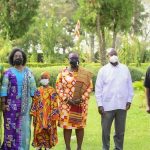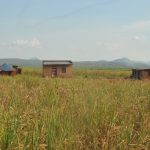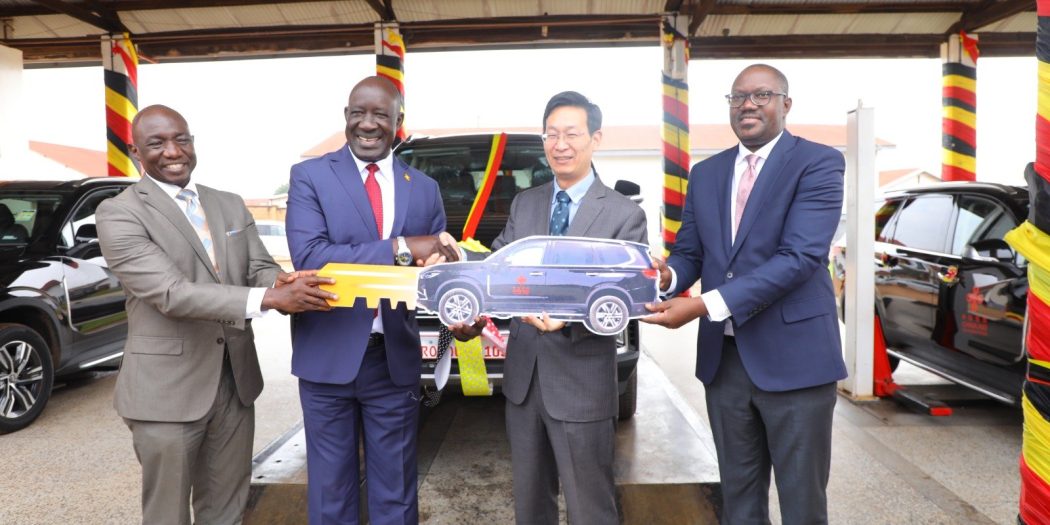Busitema Forest Reserve in eastern Uganda faces a severe threat from encroachers, who are cutting down trees for commercial purposes. The forest, which spans Busia, Bugiri, and Tororo districts, was once a pristine sanctuary boasting a diverse range of flora and fauna, attracting numerous tourists. However, locals, driven by the lack of adequate land for cultivation and settlement, are now exploiting the forest for their livelihoods, raising concerns among environmentalists and leaders.
The Tororo District natural resources officer, Mr. Sailos Anguti, disclosed that the deforestation rate of Busitema Forest Reserve was two percent in 1998, reducing to one percent in 1999 following intervention by district leaders. However, due to population pressure and the high demand for charcoal, the deforestation rate surged to four percent in 2020. Currently, only 30 percent of the forestland in Uganda remains in its natural state, amounting to about 1.5 million hectares.
Busia District Chairman, Mr. Stephen Wasike Mugeni, warned that without intervention, the forest could face extinction due to massive encroachment. Areas like Wamusi, Butongi, Sidimbir A and B villages in Bulumbi Sub-county and Hamasanja Parish in Busiteme Sub-county are already identified as affected regions.
Leaders, including Pallisa LC5 Chairman Mr. Patrick Duchu, highlighted the adverse effects of deforestation on climate, leading to persistent droughts and low food production. The situation has created a threat of floods, further exacerbating challenges for communities.
Environmental experts emphasized the correlation between Uganda’s rapid population growth, estimated at 47.2 million in 2022, and the increasing demand for resources. This heightened demand may push locals to encroach on natural resources, leading to environmental degradation.
Efforts to address the issue include sensitization programs led by Busia District forestry officer Mr. Jimmy Ngolobe, educating communities on the dangers of encroaching on forests and encouraging tree planting to mitigate climate change effects. The Farm Income Enhancement and Forestry Conservation Project, initiated by the district, has already planted over a million trees on road reserves and gazetted wetlands.
Women’s participation in environmental conservation is emphasized by Ms. Winnie Masiko, the national program coordinator of Uganda Women Entrepreneurship Programme, who believes women should play a key role in decision-making to reverse climate change effects.
The National Forestry Authority, through measures such as community mobilization and tree planting initiatives, is actively working to protect the forests. However, the encroachment issue remains critical, and environmentalists stress the need for measures to control population growth to ensure it aligns with economic growth and resource availability.
As the Busitema Forest Reserve, stretching across 25 square kilometers, faces an imminent threat, urgent and collaborative action is required to safeguard this invaluable natural resource, home to diverse wildlife species and a significant attraction for tourists.




















